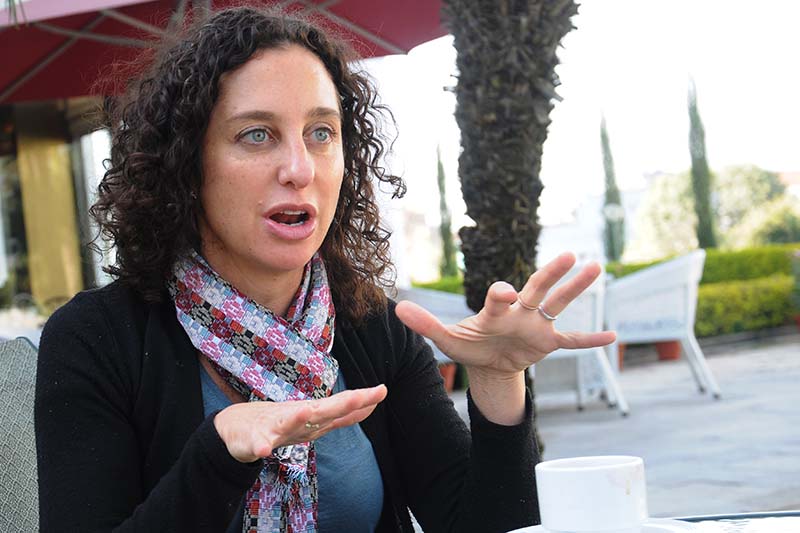Re-examining value of girls
Kathmandu
The girl is the flower of the family,” a religious leader had told 45-year-old Dena Kimball on her recent visit to Nepal. Kimball is the Executive Director of US-based The Kendeda Fund, which has been making grants in the area of early and child marriage in South Asia and globally for the last four years.
As per her observations, not only girls’ honour is wrapped in her purity but the whole family and community’s honour is wrapped in girls’ purity. And so, the parents are afraid that if they do not marry off their daughters, they will fall in love with somebody else, once they are menstruating, and do something to bring dishonour to the family.
Child marriage, defined as formal marriage or informal union before the age of 18 years, is a reality for both boys and girls, although girls are disproportionately the most affected, according to UNICEF. According to a report by international humanitarian organisation CARE, South Asia has lower rates of child marriage than Sub-Saharan Africa, but the large population numbers mean that the greatest numbers of girls marry here. And percentage of girls marrying before 18 years and 15 years is 41 per cent and 10 per cent respectively in Nepal — third highest in South Asia after Bangladesh and India.
“It is appealing to think — solve poverty, give people money or just enforce the law, and that will solve things,” she asserts. “There is no silver bullet in child marriage. We have to tackle it at the community level, ground-up change. It can’t be about top-down legislation.”
In her own experience, law is important to have but enforcing law unless the community and families’ mind-set is different, it can be damaging for the community and families. It can tear a community apart.
So, they are bringing in a more nuanced approach.
In the community level, they are empowering the adolescents — both girls and boys, bringing girls together, making them understand their bodies and their sexuality which is “a hard and awkward conversation” among others.
Re-shaping global development mindset on what this issue is about and what needs to be changed, the grantees work with groups of girls, boys, parents and other people including religious leaders in a community. And it is all about changing perspectives.
“If we work with only girls and we change their mindset and aspirations, but nothing else about the community changes, it is not a recipe for success,” Kimball expresses.
She adds, “If social norms in the community shift, early and child marriage will dissipate as an outgrowth of that rather than just focusing on early and child marriage and then expecting the norms to change along with it.”
The hardest thing about this is — it is “slow going” as you are working in hearts and minds. As per her, they are seeing evidence in these girls groups — some of them believing in themselves in different ways, taking collective action, reconceiving aspirations for their lives.
Kimball observes girls are getting together, girls talking about their issues, identify things in their life — they are coming together which is “the starting point”.






